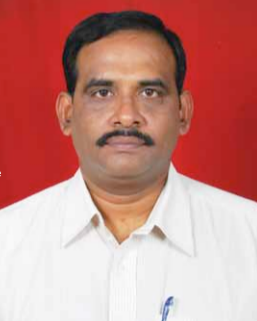 Kishore Reddy
Kishore Reddy
General Manager, Business Development, Apollo Telemedicine Networking Foundation (ATNF), Hyderabad
Making distance a meaningless factor, ATNF has ensured quality medical care through telemedicine with over 125 peripheral centres including 10 overseas, says Kishore Reddy

How has been your Journey through the ATNF so far?
I have a passion for e-Health services and the ATNF, which is a non-profit organisation of the Apollo Hospitals group, has given me a lot of opportunities to fan it out in accordance with the vision of our Chair- man. My prime intention is to develop different healthcare technology- based models from Apollo hospital and sharing this expertise with video centres in the urban and rural locations. It has really been a very satisfying journey so far.
How do you see the healthcare sector in India and particularly in Andhra Pradesh?
Healthcare in the private sector is much better in South India compared to the north India and services are quite accessible too in this part of the country. But these services are limited only to the physician level. Specialist services are available only in big cities. It is really a picture in contrast that around 90 percent of the tertiary care services or the specialists services are available in big cities while 70 per cent of Indian population lives in rural or semi-urban areas. So there is a huge gap between the two.
What is the solution to bridge this gap?
The solution lies in the use of technology for delivering services to the people at their doorsteps. There are a number of new technological solutions now available, which can be deployed to effectively bridge this gap and provide primary, secondary and tertiary level health services to the suffering masses in remote areas. Telemedicine is one of them.

How do you see telemedicine services reaching out to people in rural areas?
Taking into account Indias strides in the field of ICT, telemedicine could help to bring specialised healthcare to the remotest corners of the country. It is still at its inception stage in India. But it has the potential to deliver the end results to the rural masses of the country. At present, India uses tele-consultation and tele-expertise shared services. Moving forward one can see the tele-surgeries happening with robots in place operating the patient by listening to the expert. However currently rural people in India has access to expert advice to reduce their health risks. But to make the telemedicine more effective there needs to expand the communication network and bandwidth. Due to lack of it people in many parts of the country are not getting benefits of the system.
Be a part of Elets Collaborative Initiatives. Join Us for Upcoming Events and explore business opportunities. Like us on Facebook , connect with us on LinkedIn and follow us on Twitter , Instagram.












